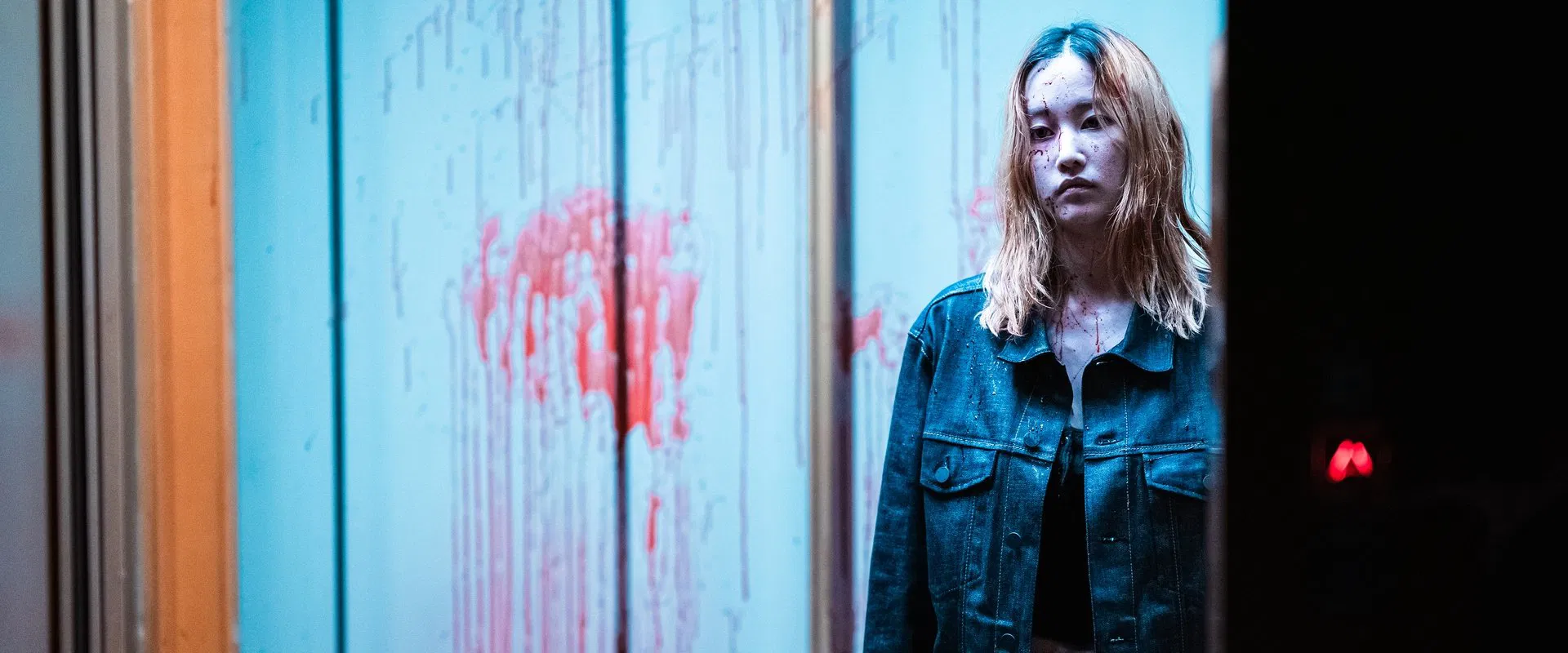If you're looking to compare "Ballerina" to its contemporaries, the 2023 South Korean action thriller helmed by Lee Chung-hyun strikes far more resonant chords than the 2025 John Wick spinoff of the same name ever manages. Here’s a film that reminds us, with brutal grace, that in cinema’s often monochrome playground of revenge tales, it’s less about originality of idea and more about the fierce, focused execution—how the story lives or dies under the director's hand.
“Ballerina” doesn’t rewrite the revenge narrative; it doesn't so much reinvent the wheel as paint it in neon under the Seoul night sky with thrilling assurance. Lee Chung-hyun’s direction is the linchpin here, a taut grip on pace and mood that balances contemplative silences with bursts of pulverizing violence. The film unfolds with an elegant rhythm—a sensory blend of atmospheric noir soaked in neon and drenched in menace—giving breathing room between action set pieces that never overstay their welcome. In a cinematic landscape addicted to the “more is more” action crescendo, the restraint shown here, especially in the isolated one-on-one fight scenes, is a breath of fresh air. The finale itself, though grander in scale, holds back from descent into overblown chaos, favoring calculated brutality over frenetic excess.
This is Lee Chung-hyun and Jeon Jong-seo’s second collaboration after the wilder, twisty “The Call,” and the growth is palpable. Jeon Jong-seo’s portrayal of Jang Ok-ju—the grieving queer assassin clawing through the rancid underworld to avenge her friend—is magnetic. With few words and many layered silences, Jeon fills the screen with the kind of gravitas that makes the storyline compelling in itself, rather than just a scaffold for kinetic violence. This is not an action film that hides behind its punch-ups; rather, the drama stands firm, giving weight to every strike thrown and every shadowy encounter endured. Here, the sparse dialogue and noir-ish pacing cohere into a narrative as much about mood and character as about getting the bad guys.
In fact, much of the first act plays out like a moody classic noir: Jang Ok-ju as the enigmatic avenger skulking through a morally compromised Seoul, shadowed by haunting neon and urban grit. The homage to Korean revenge cinema is lovingly evident—there’s the glint of vengeance similarly lensed in the Vengeance Trilogy and the agonizing build to violence familiar from “The Man From Nowhere.” Even “Oldboy” raises an eyebrow in a sly nod or two. It feels like a new Korean wave generation tipping its hat to the classics, bringing their motifs through a contemporary lens.
Yet, here is where “Ballerina” earns its stripes as a stylistic triumph as much as a thematic one. The neon haze and seediness of the city underbelly saturate the frame, but they never overpower the film’s emotional core. When the film shifts into its mid-section—escalating the hunt and the violence in an almost ritualistic cleansing—one feels the taut noir dissolve into a more conventional revenge sweep. The familiar tropes kick in: gang rivalries, damsels in distress, villainous infighting. Dialogue grows more clunky and cliché-laden, somewhat breaking the brittle cool cultivated earlier. The action becomes more frequent and frenetic, some sequences almost dizzying in their editing, risking blunting the impact of the brutality.
But even in this less restrained stretch, Jeon’s intensity roots the spectacle. You feel every merciless coup, every gnarly blow. The film knows when to pull back and when to roar, culminating in a climax of savage catharsis that truly rewards the patience of its noirish set-up.
“Ballerina” is a vivid, visceral pulse in the genre, as intoxicating as it is methodical. It’s the kind of film that eschews verbosity for pure cinematic mood—letting the camera, color, sound, and performance compose a violent elegy for betrayal and friendship. And let’s be clear—Jeon Jong-seo is a revelation; a badass presence who anchors the film with a captivating mixture of vulnerability and steely resolve. One could only hope Netflix continues to greenlight more vehicles for her to carry this fierce momentum forward.
Yes, “Ballerina” rides the familiar rails of Korean revenge cinema, but it does so with an aesthetic and emotional fidelity that marks it as a standout. More cinephilic homage than gimmick, it’s a shimmering tableau of grief, fury, and neon-bathed justice—a reminder that sometimes in the action genre, it's not what you tell us, but how you show us that counts.
If you still need convincing, think of it this way: “Ballerina” is John Wick’s darker, moodier cousin—a lexicon of stylish vengeance told through the steady, relentless eyes of a queer assassin whose rage is just as heartbreaking as it is badass. It isn’t just escapism; it’s catharsis rendered in neon light and bruising fists. And I, for one, am all in.


